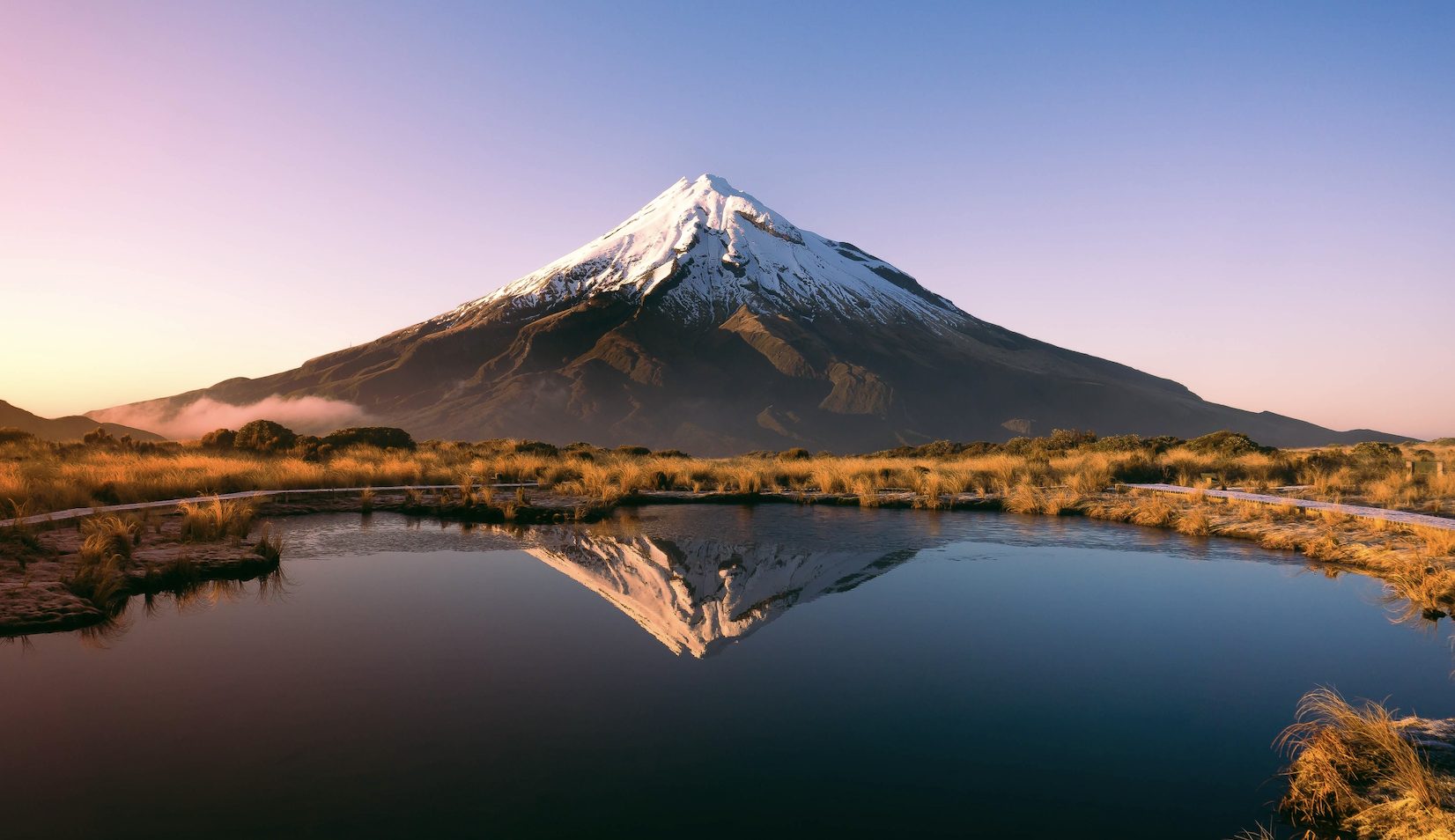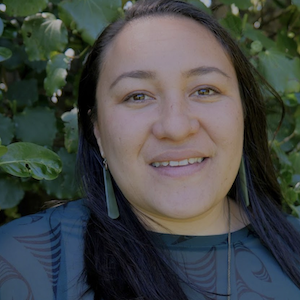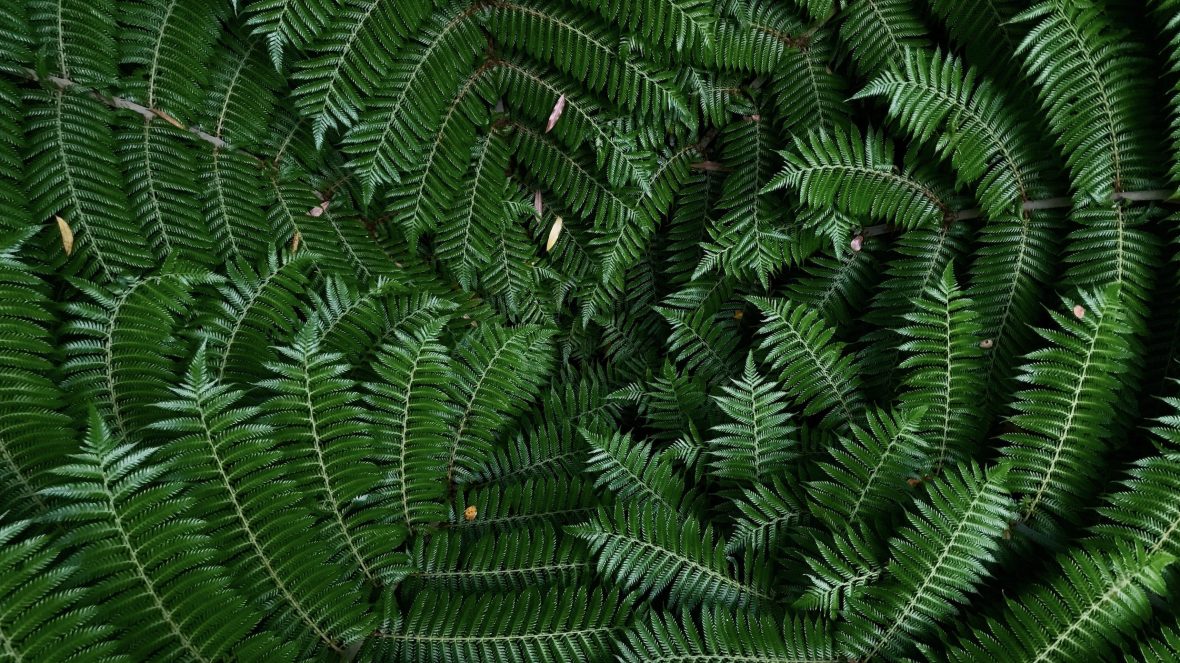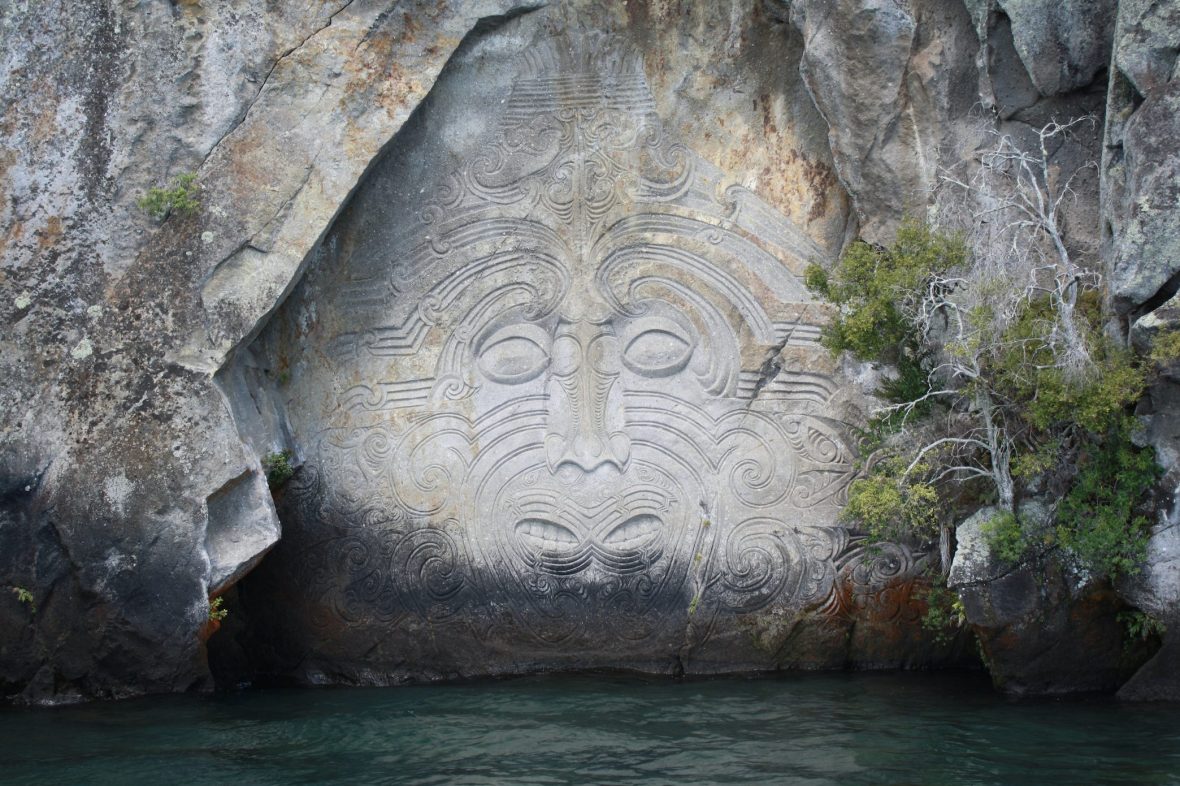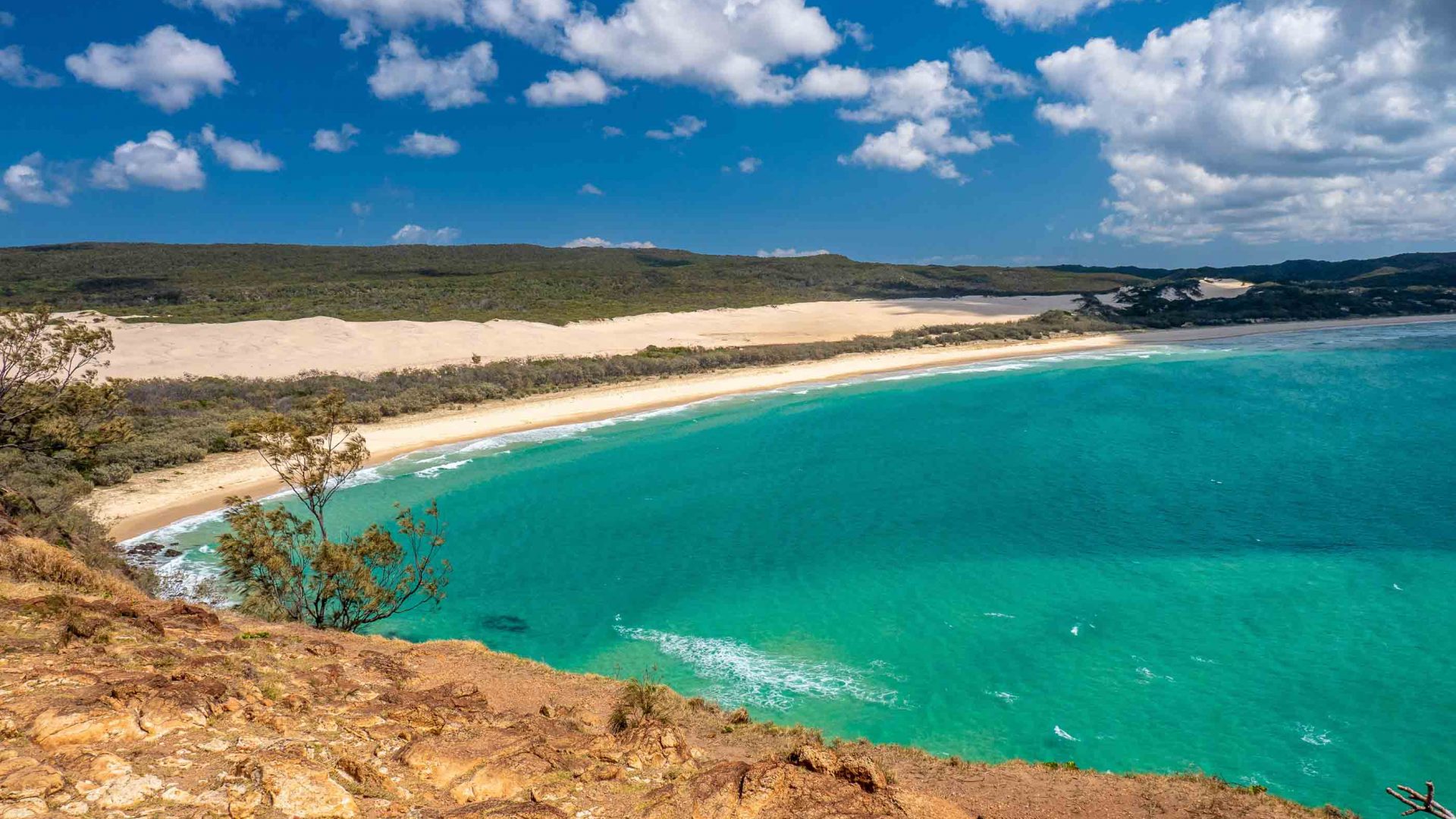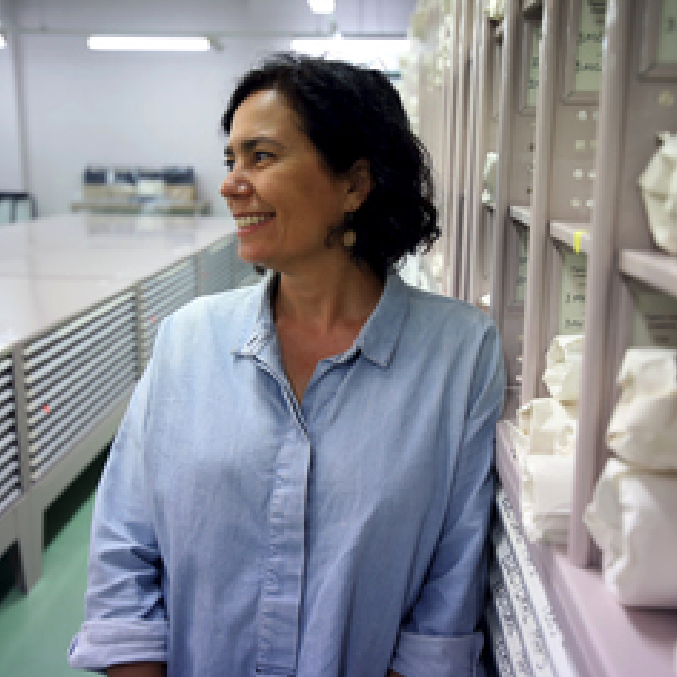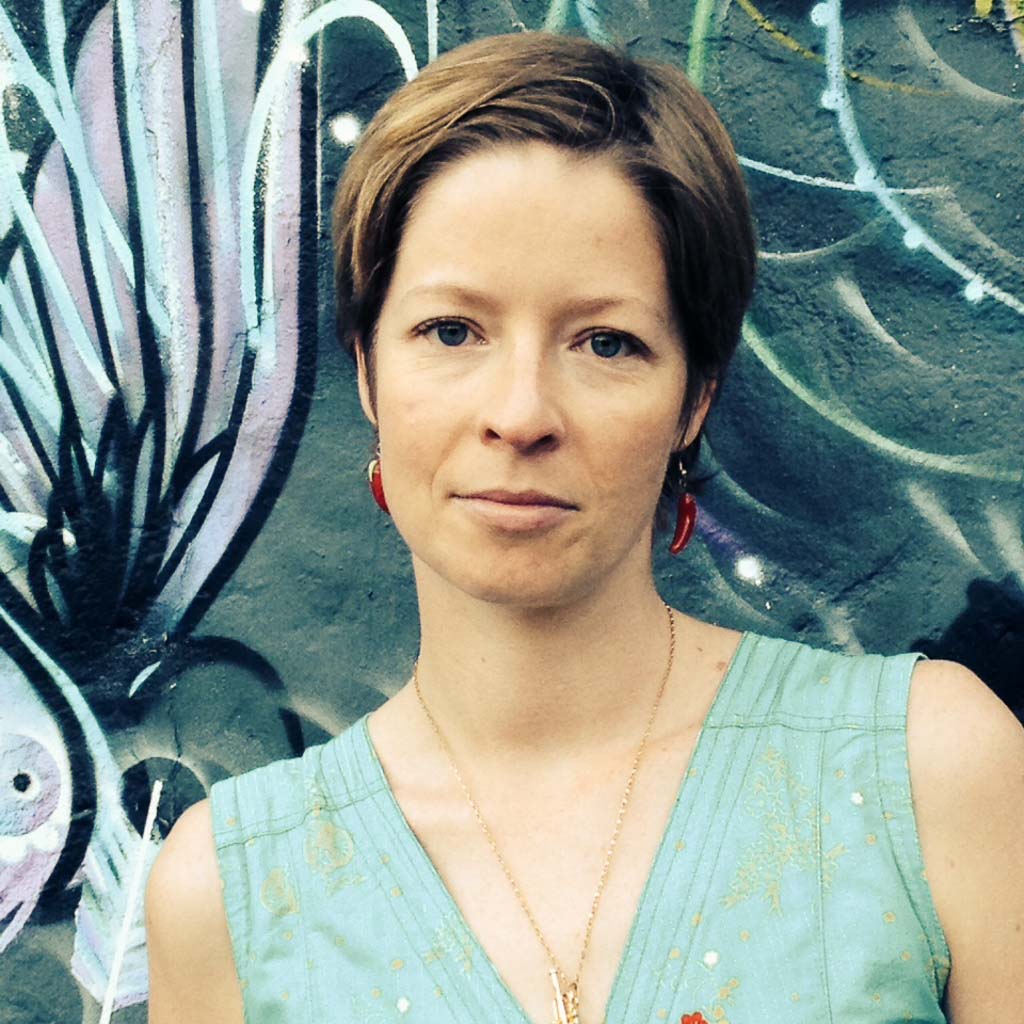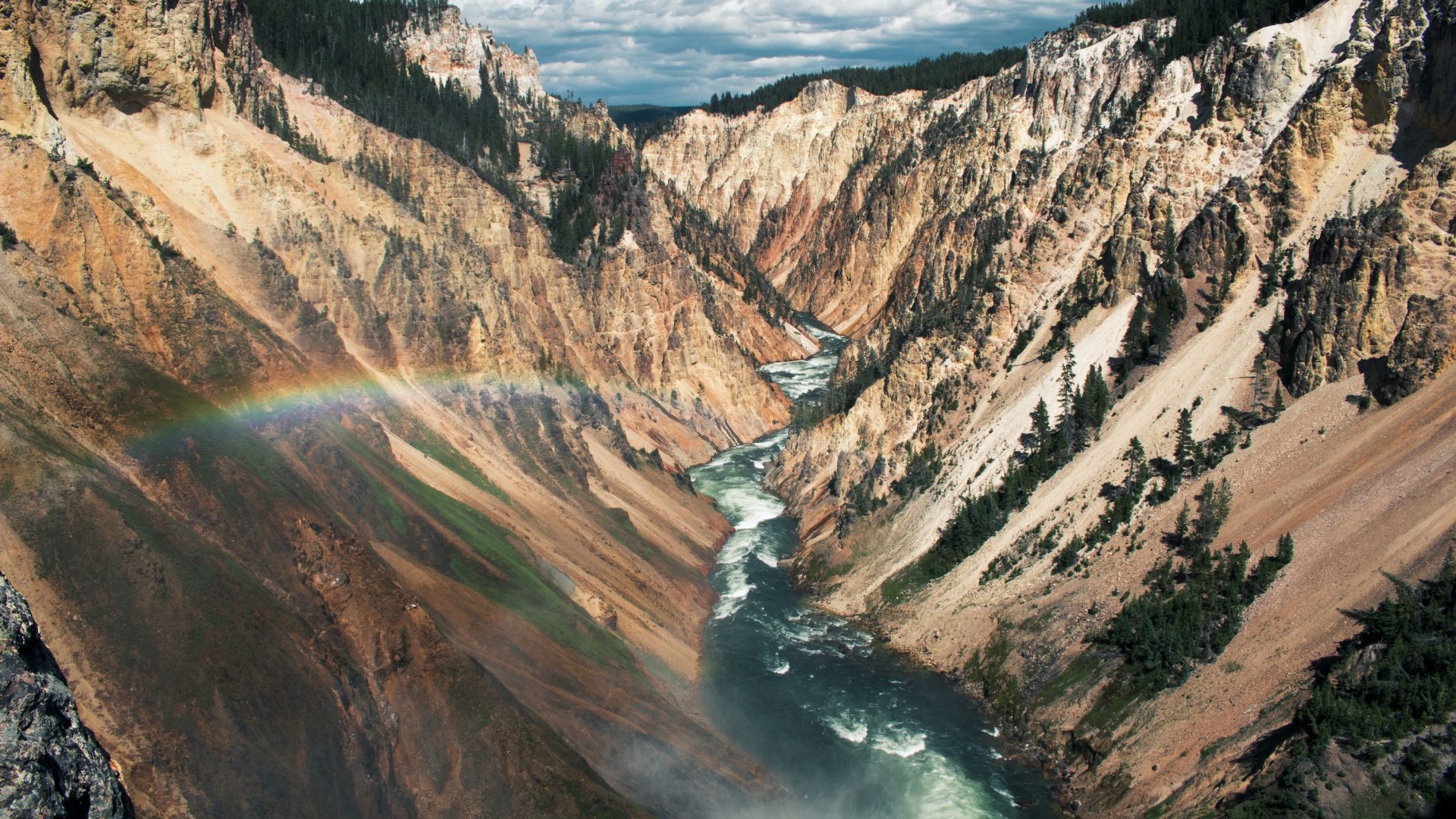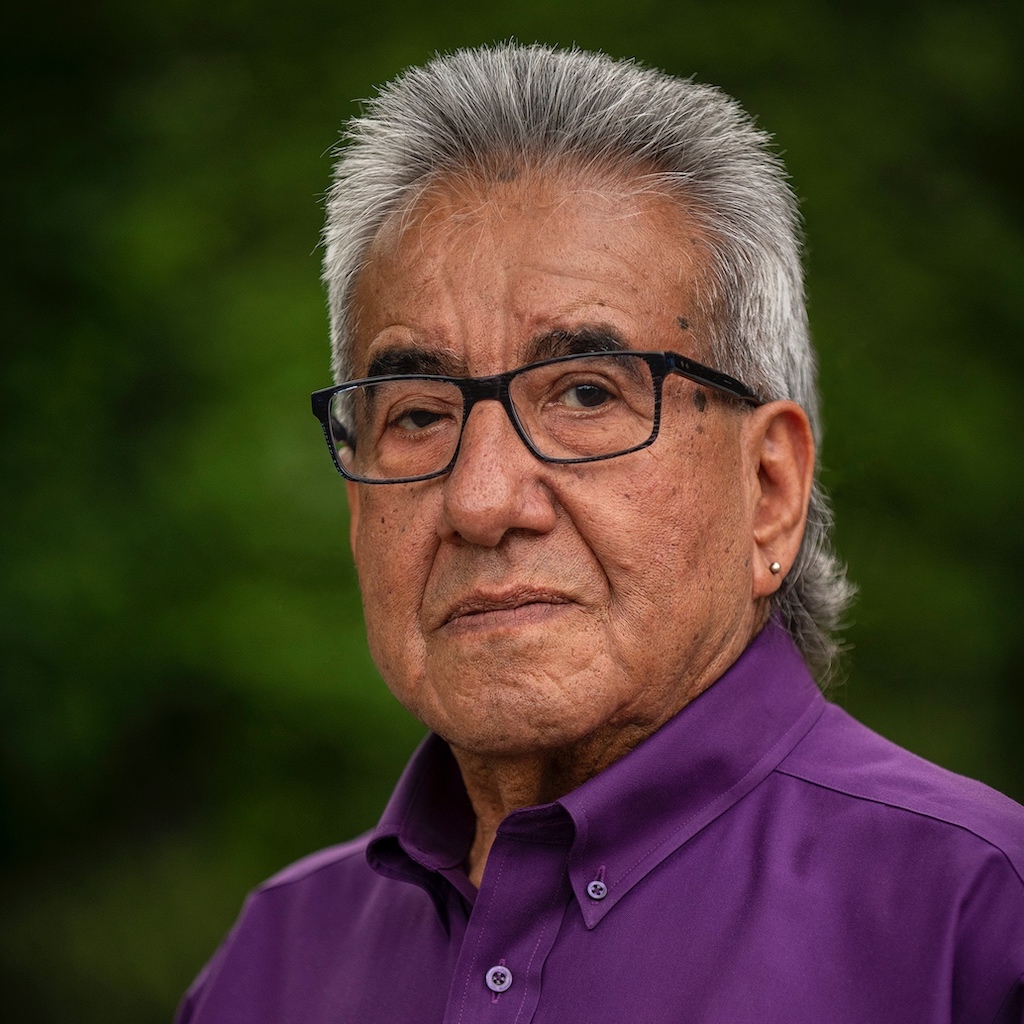Today in Aotearoa, over 50 percent of the prison population is made up of Māori prisoners, despite Māori representing only 16 percent of our population. This detachment from our law and land is adversely impacting entire generations.
Tikanga (Māori law) and restorative justice processes were used by Māori to deal with harm and crime. This was done by reciprocal notions of compensation, better known as utu (repayment/reciprocity).
The Western confinement model of imprisonment is not a model conceived or used by Māori. Prisons are an instrument of colonization. Prisons are not only inhumane and ineffective in preventing the cycle of crime, but are also harmful to the environment.
Instead of exploiting or harming the environment, we could choose connection to the environment as a justice response. Connection with the environment offers an opportunity to engage alternative responses to justice, that within context and reason, would be more effective and appropriate to repair harm and crime restoratively.
This could look like giving back to your community or iwi (tribe), or perhaps helping out on your turangawaewae (homelands) by revitalizing wetlands, protecting wildlife, and planting native forests. Of course, these responses could be made available to all people who engage in harm and crime, and would benefit communities as well as self-reflection and healing.
